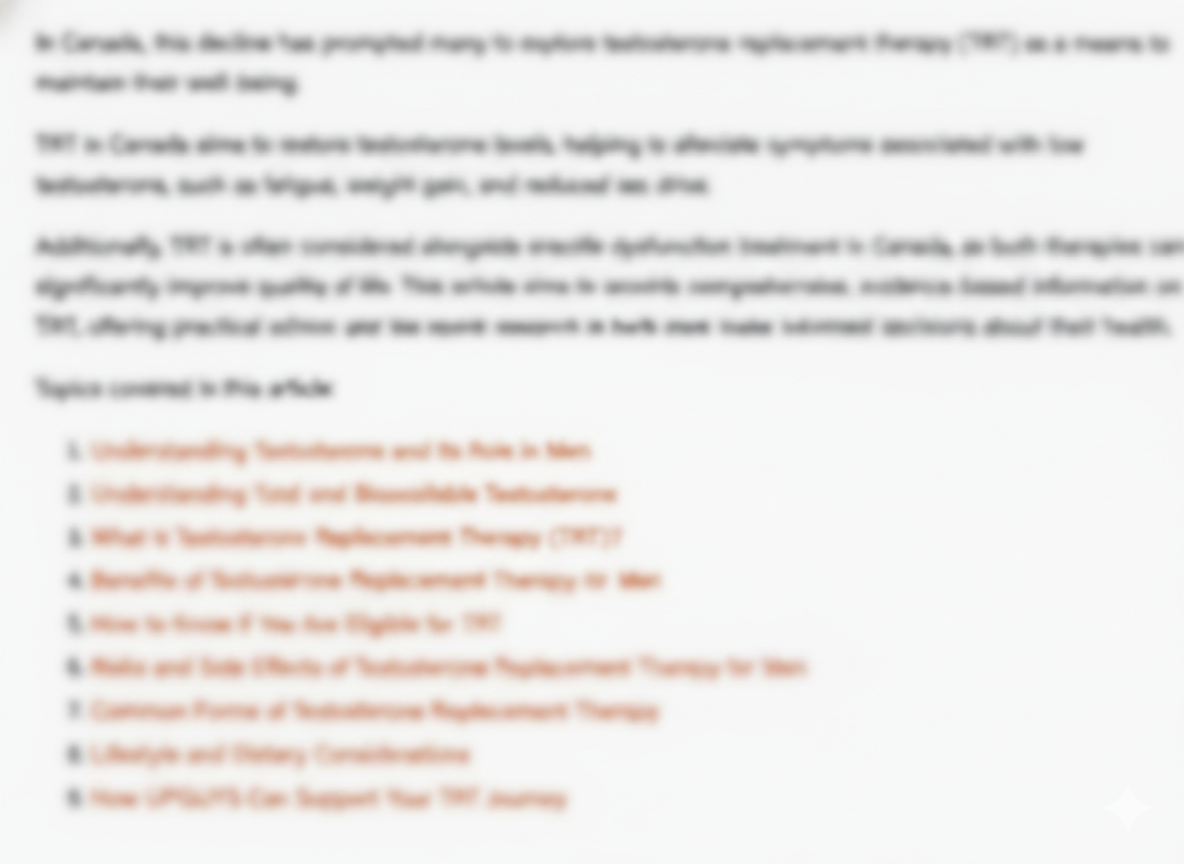Viagra, widely known for its effectiveness in treating erectile dysfunction, has become a staple in sexual health management. However, its efficacy is not without the need for cautious use, especially concerning drug interactions. Understanding and managing these interactions are crucial for ensuring safety and maximizing the medication's benefits.
This article aims to provide a comprehensive insight into the nuances of Viagra interactions. We will explore how Viagra works in the body, its common uses, and the potential concerns when combined with other medications.
Our goal is to equip readers with the knowledge required for safer and more informed medication use, ensuring that Viagra's benefits are harnessed without compromising health and well-being.
Topics covered in this article:
Common Medications Interacting with Viagra
Viagra can interact with a range of medications, making it essential to be aware of these potential combinations. Common medications that may interact with Viagra include:
1. Nitrates: Often used for chest pain, nitrates combined with Viagra can lead to a severe drop in blood pressure.
2. Alpha-Blockers: Prescribed for high blood pressure or prostate issues, alpha-blockers with Viagra may also result in low blood pressure.
3. HIV Protease Inhibitors: These can increase the risk of Viagra side effects by raising sildenafil levels in the blood.
4. Antifungal Medications: Certain antifungal drugs can have a similar effect to HIV protease inhibitors when taken with Viagra.
5. Other Erectile Dysfunction Medications: Using Viagra concurrently with other ED medications is not recommended.
It is crucial to disclose all medications you are taking to your healthcare provider, including prescription, over-the-counter, and herbal supplements. This will help prevent any harmful interactions and ensure the safe use of Viagra.
Risks & Concerns of Viagra Drug Interactions
When Viagra interacts with other medications, it can lead to several potential side effects and risks, emphasizing the need for cautious use:
- Sudden Drop in Blood Pressure: Combining Viagra with nitrates or alpha-blockers can cause a significant decrease in blood pressure, leading to dizziness, fainting, or more severe cardiovascular events.
- Prolonged Erections: Some interactions may increase the risk of priapism, a painful and prolonged erection.
- Vision Changes: Interactions can occasionally lead to temporary vision disturbances, including changes in colour perception.
- Increased Viagra Side Effects: Interaction with certain medications can amplify common side effects of Viagra, such as headaches, flushing, or dizziness.
Given these potential issues, professional medical advice is essential. A healthcare provider can help navigate the safe use of Viagra, considering any other medications you may be taking.
Read more: What You Should (and Shouldn't) Take With Viagra
Factors Affecting Viagra Drug Interactions
Several key factors can influence how Viagra interacts with other medications, affecting its safety and effectiveness:
1. Age-Related Considerations: Older adults may have a higher sensitivity to Viagra, and their bodies may process medications differently, increasing the risk of interactions.
2. Health Conditions: Certain medical conditions, such as liver or kidney diseases, can impact how Viagra is metabolized, leading to stronger effects or increased likelihood of interactions.
3. Lifestyle Factors: Habits like alcohol consumption and smoking can affect Viagra's efficacy and potential for interactions. Alcohol, in particular, can exacerbate the risk of side effects and lower blood pressure.
Understanding these factors is crucial when considering Viagra use, as they can significantly impact its interaction with other medications. It's important to discuss these aspects with a healthcare provider to ensure safe and effective use of Viagra.
Strategies for Safe Use of Viagra
To ensure the safe use of Viagra, particularly in the context of potential drug interactions, consider the following strategies:
1. Consult with Healthcare Professionals: Before starting Viagra, it's crucial to consult a healthcare provider. They can assess your suitability for the medication and advise on any potential risks.
2. Full Disclosure of Medications and Supplements: Inform your healthcare provider about all medications, supplements, and herbal remedies you are taking. This includes over-the-counter drugs and prescription medications.
3. Monitor for Potential Side Effects: Be vigilant for any unusual symptoms or side effects after taking Viagra. Common side effects include headaches, flushing, and dizziness, but more severe symptoms should prompt immediate medical attention.
4. Follow Healthcare Provider's Guidance: Adhere to the dosage and usage instructions provided by your healthcare professional. Do not adjust the dosage or frequency without their advice.
By following these steps, users can minimize the risk of adverse interactions and side effects, ensuring a safer experience with Viagra.
Conclusion
In conclusion, understanding Viagra interactions with other medications is crucial for safe and effective use.
Key considerations include the risk of sudden blood pressure drops, the influence of age, health conditions, and lifestyle factors, as well as the importance of disclosing all medications and supplements to healthcare professionals. Monitoring for potential side effects and strictly following medical advice further ensures safety.
This article underscores the importance of informed medication use and the need for personalized guidance from healthcare providers. We encourage readers to seek professional advice to navigate Viagra use confidently, prioritizing safety and well-being in their treatment choices.
Frequently Asked Questions (FAQs) about Viagra Interactions
1- What are the examples of medications that interact with Viagra?
Examples of medications include nitrates, alpha-blockers, HIV protease inhibitors, certain antifungal drugs, and other erectile dysfunction medications.
2- Can Viagra interact with over-the-counter medications?
Yes, Viagra can interact with certain over-the-counter medications and supplements, so it's important to inform your healthcare provider about all the drugs you're taking.
3- Are older adults at higher risk for Viagra interactions?
Yes, older adults may metabolize medications differently, increasing the risk of interactions and side effects.
4- How do lifestyle factors affect Viagra interactions?
Lifestyle factors such as alcohol consumption and smoking can influence the effectiveness of Viagra and increase the risk of side effects and interactions.
5- What should I do if I experience side effects from Viagra?
Monitor for potential side effects and seek prompt medical attention if you experience severe or unusual symptoms.
6- How can I safely use Viagra if I have other health conditions?
Consult with your healthcare provider, who can assess your health conditions and medications to provide personalized advice for safe Viagra use.
7- Is it safe to use herbal supplements with Viagra?
Some herbal supplements can interact with Viagra. Always inform your healthcare provider about any supplements you are taking.







